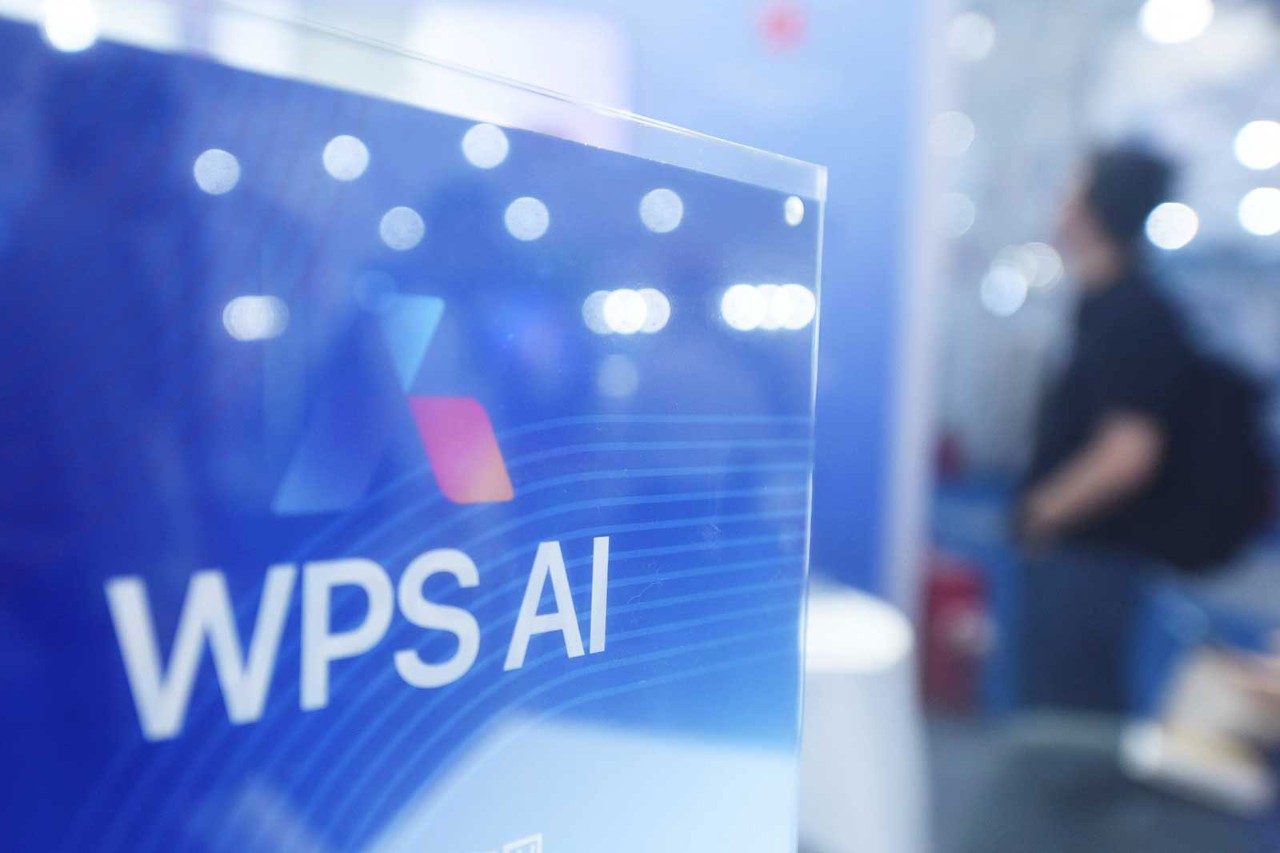
Tax professionals’ hopes for generative artificial intelligence (AI) are centred around improvements in operational efficiencies that will provide greater productivity, according to a recent survey by Thomson Reuters.
The Future of Professionals Report, which surveyed 1,210 tax professionals in the US, Canada, Latin America and the UK, found that respondents envision redirecting towards higher-value tasks the time freed up by AI taking on their mundane work.
AI will create greater capacity for professionals to provide even more value
The area most affected by technological developments will be talent, the report states. While many can see that AI will have a positive impact on recruitment, training, career paths and wellbeing, there is unease around job losses and the possible demise of the profession altogether.
However, the report argues that AI will create greater capacity for professionals to provide even more value to customers and stakeholders.
‘We believe it is too early to fully understand the full scope of these changes and the subsequent impact,’ says the report, ‘but we must partner across industries and create new applications of AI responsibly to achieve the most desirable outcome.’
Adoption caution
Tax professionals are generally positive about developments in technology but more cautious than other professionals when it comes to adoption.
Positive impact
The five areas where respondents believe that AI can help them most are:
New challenges
The five areas predicted to become more challenging as a result of AI are:
Positive impact
The five areas where respondents believe that AI can help them most are:
Jury’s out?
Across companies more broadly – rather than tax services/departments specifically – the majority of respondents were unsure whether or when they would be incorporating AI in products or services.
Save the date
Look out for updates in coming weeks about ACCA’s virtual AI conference, ‘Harnessing the Potential of Artificial Intelligence in the Accountancy Profession’, on 18 July



